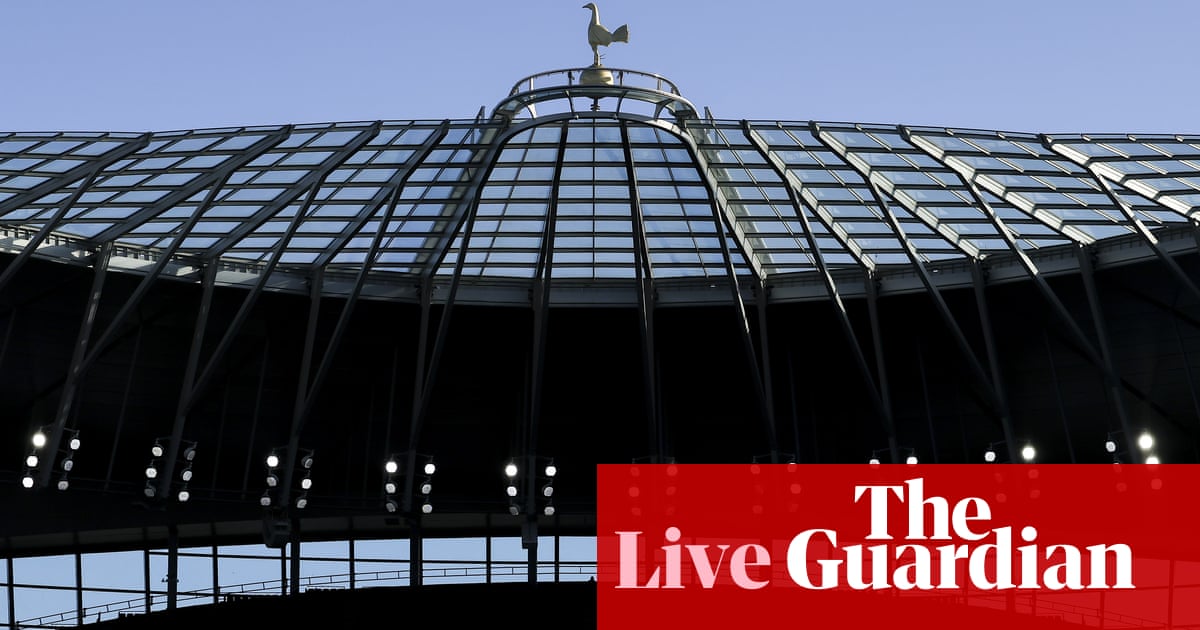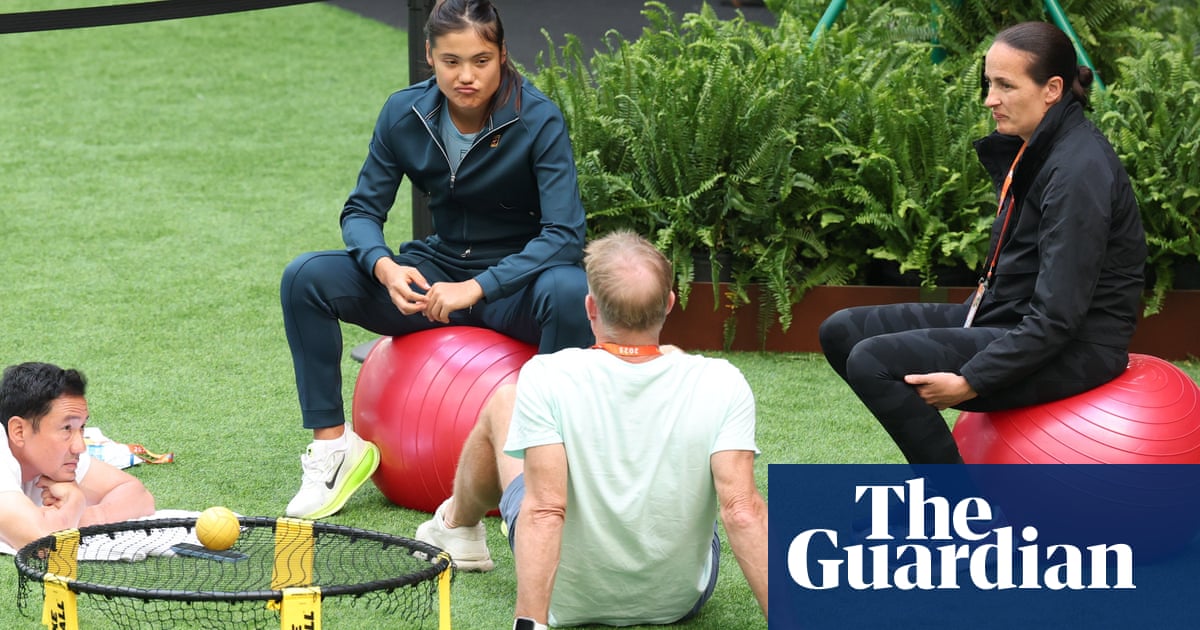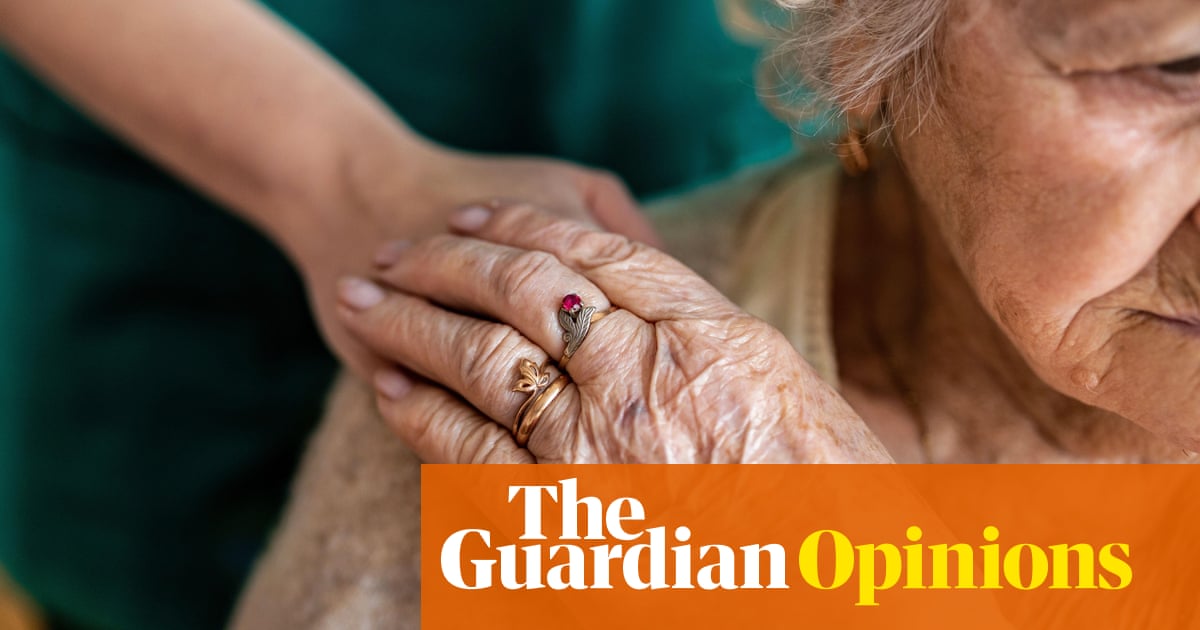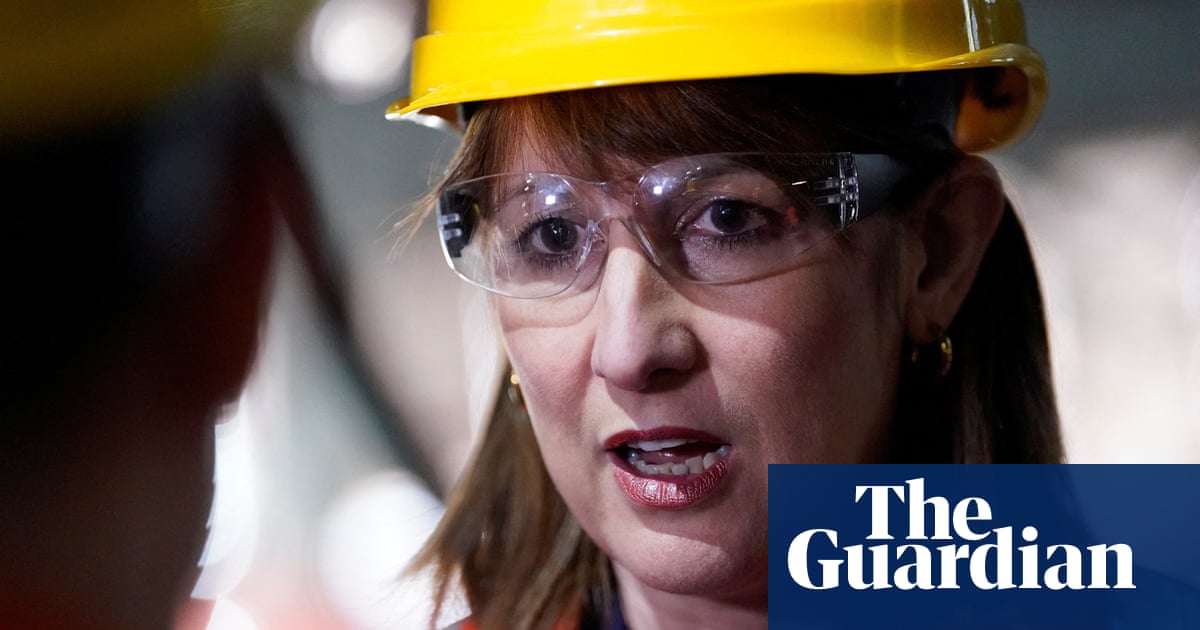
Guardian columnist
Will Labour’s monumental capital investments bear fruit and turn the economic tide? About £100bn worth of wind, solar and nuclear energy, with the rebuilt grid will carry electricity to the projects coming on stream. The Office for Budget Responsibility confirms 1.3m new homes are possible, “within touching distance” of the manifesto’s 1.5m target, as Rachel Reeves put it. The massive shift into defence engineering, investing in skills, promises good jobs where they are needed most, from Thanet to Sunderland. Everything from now on depends on spades in the ground fast enough in this unprecedented capital investment. The OBR, halving growth this year, scores it a higher upgrade every year afterwards, promising £500 more in the pocket by the next election.
But investing in warfare with money stolen from welfare will never be forgotten or forgiven. Wheelchairs beaten into armaments will be an abiding image branding this government. Even if promises to take children out of poverty are fulfilled when the poverty review reports in the summer, even if people feel better with wages rising faster than inflation and a 7% minimum wage raise in April, the stories of brutal losses further disabling people on personal independence payments will define Labour.
No new taxes the chancellor said. That was the choice Labour made. Tax reliefs for the well off stayed untouched, mega-millionaires untroubled, no taking back the national insurance cut the Tories gave away, in a failed pre-election tax bribe. Technically not austerity, says the Institute for Fiscal Studies about overall spending, but it will feel austere in most public services.
People know this new dangerous era needs emergency defence spending: this is a time when the nation could be asked to contribute to its security.

Disability justice activist and researcher
In the spring statement, Rachel Reeves says “the Labour party is the party of work”.
For those too sick or disabled to work, Labour has chosen their backs on which to balance the public finances. After feedback from the Office for Budget Responsibility that the first round of cuts did not go far enough to bring down public spending, the chancellor has has made changes that would save £3.4bn in total. Universal credit health element will be cut for new claimants and then frozen.
And what of disabled people who wish to work? The pledge to put £1bn into job support for people is another positive – though it remains to be seen how much this will help disabled people specifically, with a nine-month wait for the Access to Work scheme – forcing many disabled people out of their jobs. Labour has promised fewer assessments for disability benefits, but the latter has been left out of these reforms. Why not created a more efficient joined-up system?
Disabled people already in work will see changes to the eligibility threshold to personal independence payment (Pip, which is not an out-of-work benefit) that may push them out of employment. Many disabled people use it to cover the extra costs of working with a disability, such as buying assistive devices or paying for taxis. (It is worth noting that this government seems to have scrapped the pledge to put accessibility at the heart of new rail policy.)
Cutting Pip eligibility will also cause appeals to skyrocket, offsetting any savings this government hopes for. (Last year, the DWP spent £50m on Pip appeals.)
Will Labour’s give and take enable more disabled people to work or less? Right now, it seems poised to cost more than it saves.

Professor of economics and public policy at King’s College London and a former senior civil servant
Blame Tony Benn. The requirement for the government to publish at least two official economic forecasts each year, enshrined in his 1975 Industry Act, has collided with the chancellor’s commitment that those forecasts be consistent with her fiscal rules. Without that we wouldn’t really need a spring statement all.
The government has promised a spending review, an industrial strategy and an immigration white paper, all to come, not to mention a reset of our relationship with the EU. After that we will know the policy specifics behind the government’s strategy. Meanwhile, largely outside our control, we will also get a much better idea of just how much damage Maganomics will do.
So it would have been far better to wait until October and look at tax and spending in the round. Instead, alongside some really positive improvements to help support people into work, the government has hastily thrown together a package of cuts to disability benefits to “balance the books”. The problem isn’t the fiscal rules themselves, although the need to get within their lines twice a year is unnecessary. Ultimately, the constraint that government should balance tax and spending over the medium to long term, while borrowing to invest, can’t really be dodged, rules or no rules.
By October the numbers will have shifted again, but the basic challenge will remain the same: how to restore productivity growth and improve living standards, while repairing Britain’s public services and addressing what should in any civilised society be unacceptable levels of poverty and destitution, all in the face of an ageing population. There is some genuinely good news in today’s statement – on planning reform, further increases to capital investment, and on training. But more will be required – not just higher taxes, but major tax reforms, and willingness to take some difficult political decisions on social care, immigration, EU relations and much more.

Co-founder and co-director of Green New Deal Rising
This spring statement is an assault on our generation’s future. From a “clean energy superpower”, as Keir Starmer once put it, to the “defence industrial superpower” Reeves spoke about today, the rhetoric of this government has shifted dramatically since the election.
Labour surged in the polls talking about a greener fairer future, and they were elected on a platform that promised green jobs, warm homes, cheaper bills, and GB Energy – one of the few flagship policies they consistently pushed, and one that remains popular with voters.
But since coming into power, its talk of “growing the economy” has involved sweeping cuts hurting those who need support most, and a hawkish obsession with the defence sector, with an extra £2.2bn for the Ministry of Defence. People want to see investment in industries that will create jobs and cut bills. The renewable energy sector can do both, unlike building more tanks and weapons.
Labour was right to put green policies at the heart of its original plans for growth. The green economy grew by 10% in 2024, generating £83bn. So if this government is serious about growth, why are they not investing properly in its strongest, most sustainable pathway? And why isn’t it considering other fairer ways to generate the money we need, such as taxing wealth?

 3 weeks ago
14
3 weeks ago
14













































